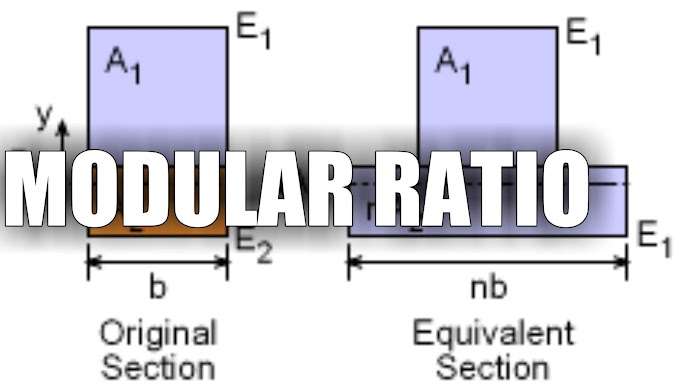Depreciation is defined as the loss in value of an asset with the passage of time. This loss must be realized during the life of the asset with a reasonable amount of profit on it. A reserve fund should be created to realise the cost of asset at the end of its life and it must not be confused with the profit. The main purpose of the depreciation is to provide for the recovery of capital that has been involved in the possession of the physical property.
Types of Depreciation
A common classification of depreciation is as follows:
- Physical depreciation
- Functional depreciation
- Contingent depreciation
Physical Depreciation
Depreciation resulting in physical impairment of an asset is known as physical depreciation. This results in lowering the ability of the asset to render its intended service. The primary cause of physical depreciation is wear and tear because of its constant use such as abrasion, shocks vibration, impact etc. and the deterioration due to action of elements such as corrosion of pipe, chemical decomposition.
Functional Depreciation
Functional depreciation often called OBSOLESCENCE is defined ast loss in the value of the property due to change in fashion, design or structure or due to inadequacy to meet the growing demand, necessity for replacement due to new invention being more economical and more efficient etc.
Contingent Depreciation
- Accidents (due to negligence)
- Diseases (pollution of water, parasites)
- Diminution of supply (natural gas, electricity, water etc.)
Difference between Depreciation and Obsolescence
| DEPRECIATION | OBSOLESCENCE |
|---|---|
|
|
SALVAGE VALUE (or RESALE VALUE)
It is the value of the property at the end of its utility period without being dismantled. Salvage value implies that the property has further utility It is affected by several factors. The reason of the present owner for selling may influence the salvage value. If the owner is selling because there is very little commercial need for the property, this will affect the resale value. It is also affected by the present cost of reproducing units and the price level of the unit may either increase or decrease the resale value. It is affected by the location of the property. The physical condition of property will also have a great influence upon the resale price that can be obtained. A structure that has been well maintained and carefully handled will fetch more salvage value.
SCRAP VALUE
The value of a property realised when it becomes absolutely useless except for sale as junk is its scrap value. The utility of the article is assumed to be zero.
BOOK VALUE
It is defined as the value of the property shown in the account books in that particular year i.e. the original cost less total depreciation till that year.





0 Comments